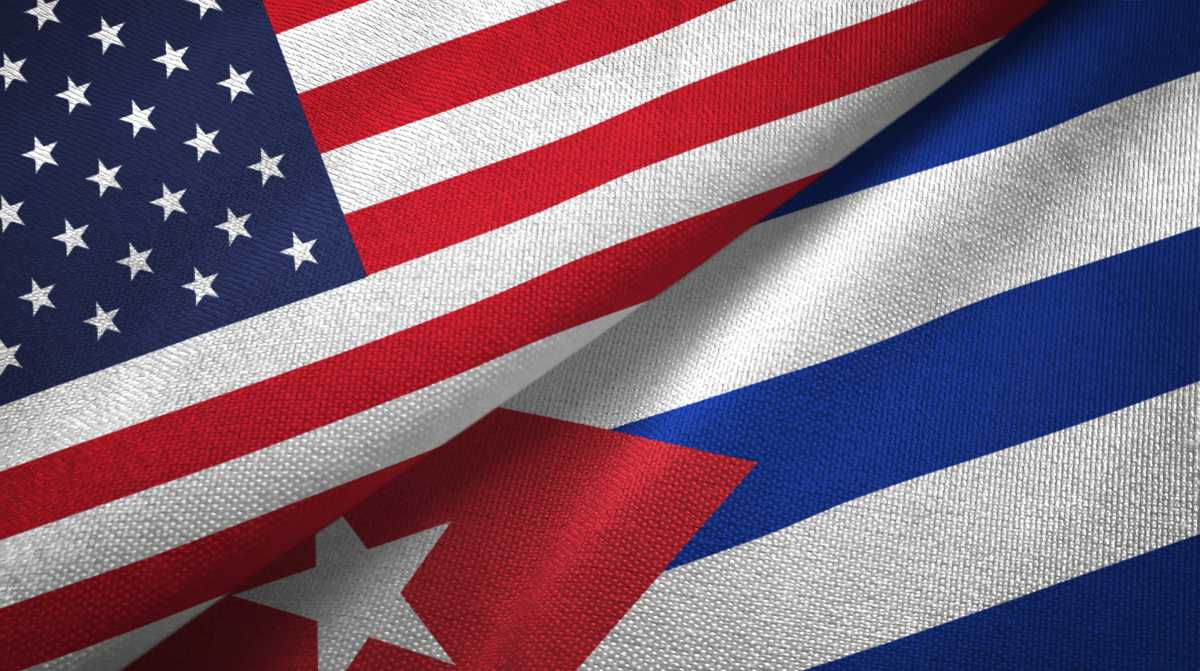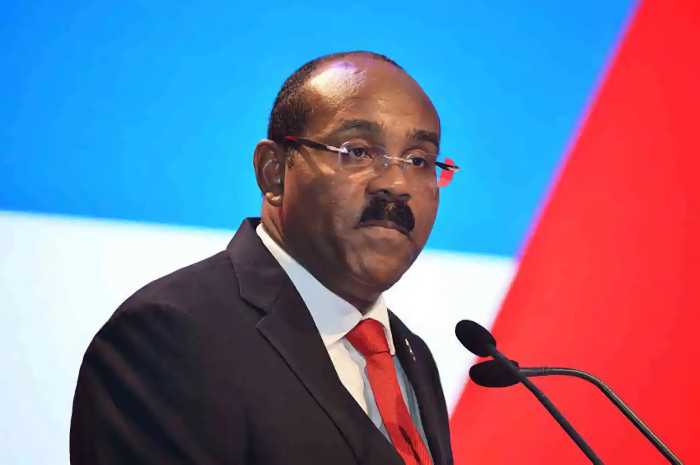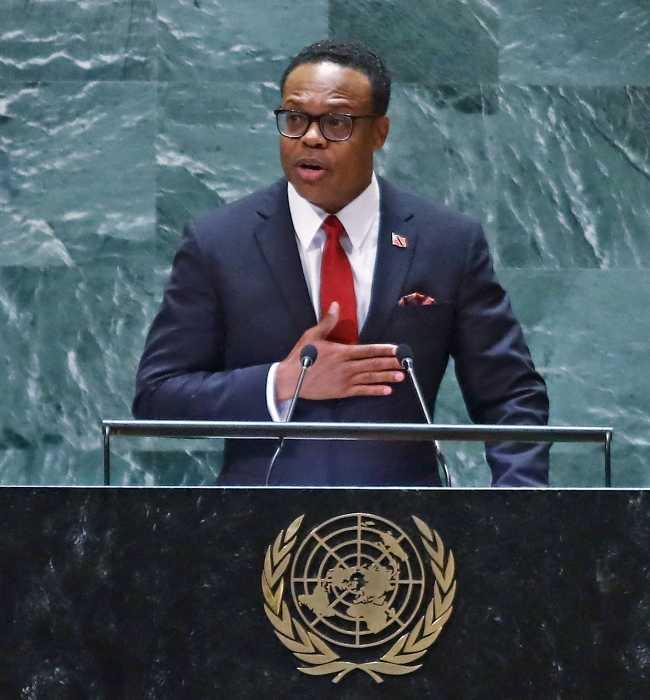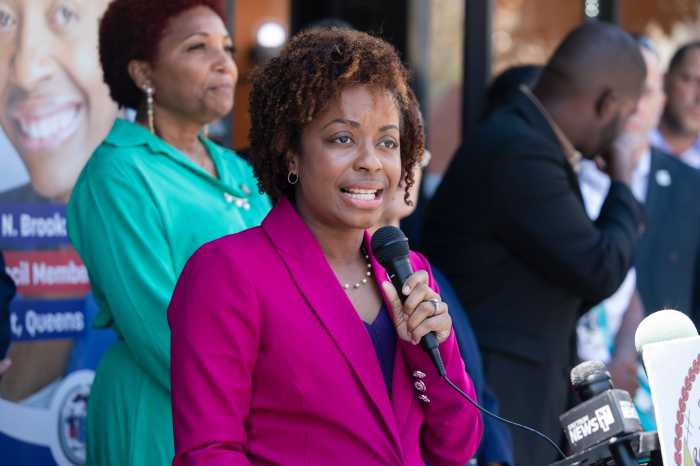Caribbean Community leaders say they are extremely angry with the US over its continued economic and political bullying of Cuba, contending that Cubans are experiencing grave hardship at the hands of the decades-old economic embargo imposed by Washington.
Cuba is not a member of the 15-nation grouping but shares extremely close ties with Caricom. The two sides have enjoyed 52 years of diplomatic relations when Guyana, Barbados, Trinidad and Jamaica decided to ignore US warnings and established diplomatic relations with Havana.
The leaders issued a statement after their three-day summit ended in Grenada late Tuesday, noting that the economic embargo was “wrongfully imposed on the people and government of Cuba over the last 62 years by the government of the United States of America. The conference reiterates its call for the lifting of the unjust unilateral financial, economic, and trade embargo.”
In a surprise announcement, the bloc said that the depth of suffering in Cuba at the hands of the US has forced it to agree to provide unspecified material aid to help Cuba. It is unclear what type of material aid would be sent to Cuba and from when.
The leaders also railed against Cuba still being placed on a list of state sponsors of terrorism, dubbing it “as wrong and offensive. The conference reiterates its call for Cuba to be immediately removed from this list.” Cuba has sent thousands of medical, engineering and other professionals to fill shortages in Caricom nations since the mid-1970s, while various Caricom nations have formalized trade and other relations with the Spanish-speaking behemoth in the north Caribbean over the decades.
Caricom nations have persistently voted at the United Nations and other forums for the lifting of the embargo, imposed after late revolutionary President Fidel Castro and his men had overthrown a US-backed puppet regime in place at the time as punishment for driving out entrenched American economic and other interests in Cuba at the time.


























